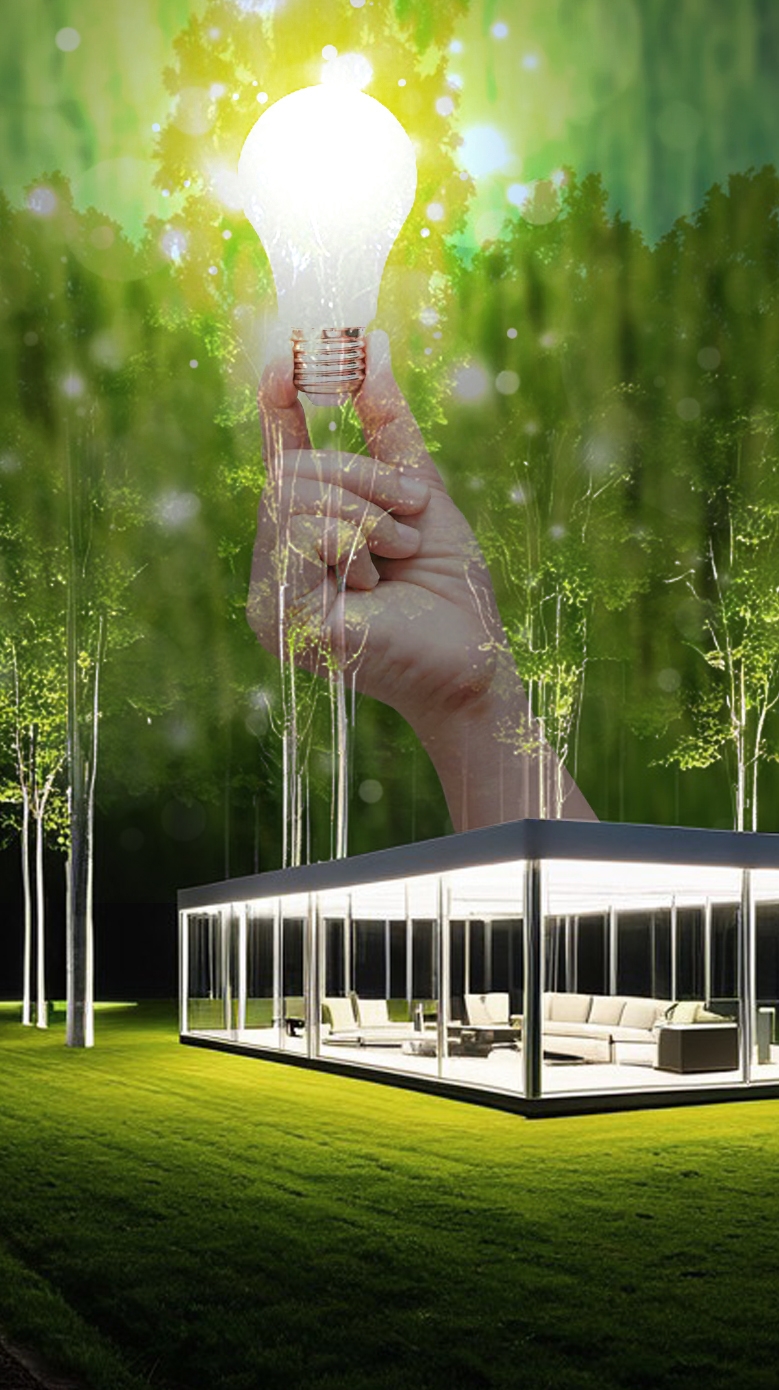 |
||
|
Sustainability in Lighting: A Commitment to the Future
The Role of LEDs in Sustainable Lighting
Environmental Benefits of LED Lighting
|
 |
|
|
||
|
Our Commitment to Sustainable Manufacturing Practices At ELECTRON, sustainability is not only embedded in the products we create, but also in the way we manufacture them. We strive to minimize the environmental impact of our operations through a range of initiatives:
|
 |
|
|
||
|
Smart Lighting for Sustainable Spaces As part of our sustainability initiatives, we offer lighting management solutions that go beyond just providing energy-efficient illumination. We integrate wireless, and other controls that enable users to adjust lighting according to specific needs. Features such as:
These intelligent lighting systems not only provide significant energy savings but also enhance comfort and functionality in both residential and commercial spaces, promoting sustainable living. |
 |

The Future of Sustainable Lighting
As we look to the future, ELECTRON is more committed than ever to advancing sustainability in lighting. We will continue to innovate, focusing on energy-efficient technologies, smart lighting solutions, and eco-friendly materials that support a circular economy. Through ongoing research, development, and partnerships, we aim to push the boundaries of what’s possible in sustainable lighting.
By choosing ELECTRON LED lighting products, our customers are not only making an investment in high-quality, energy-efficient lighting, but also taking an important step toward a more sustainable, eco-conscious future.



